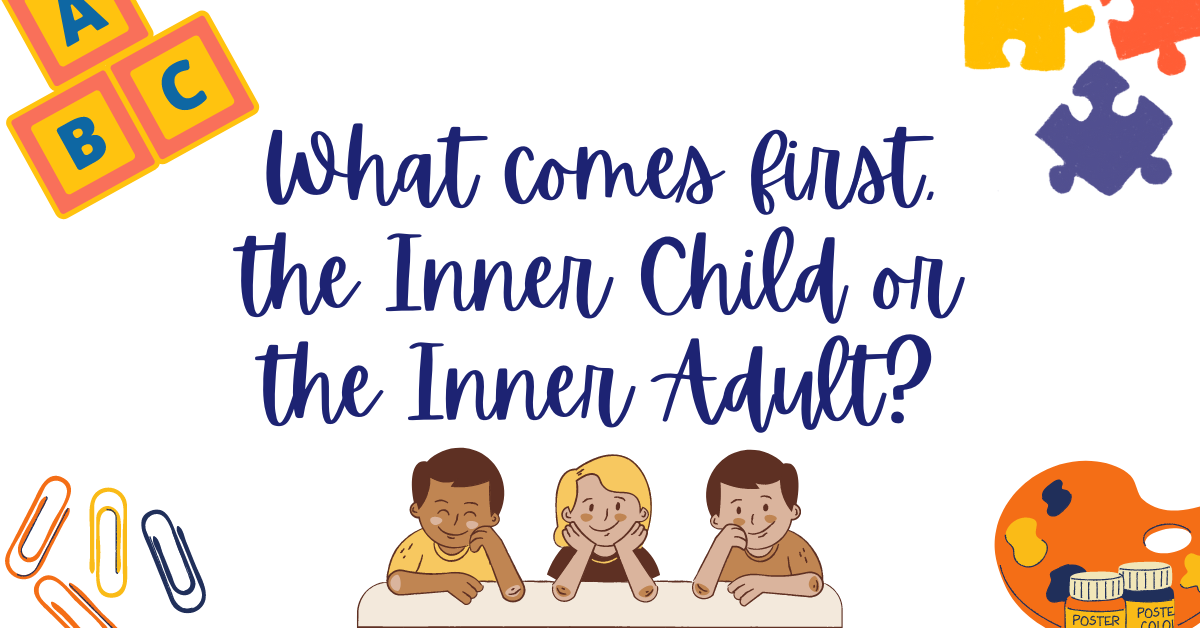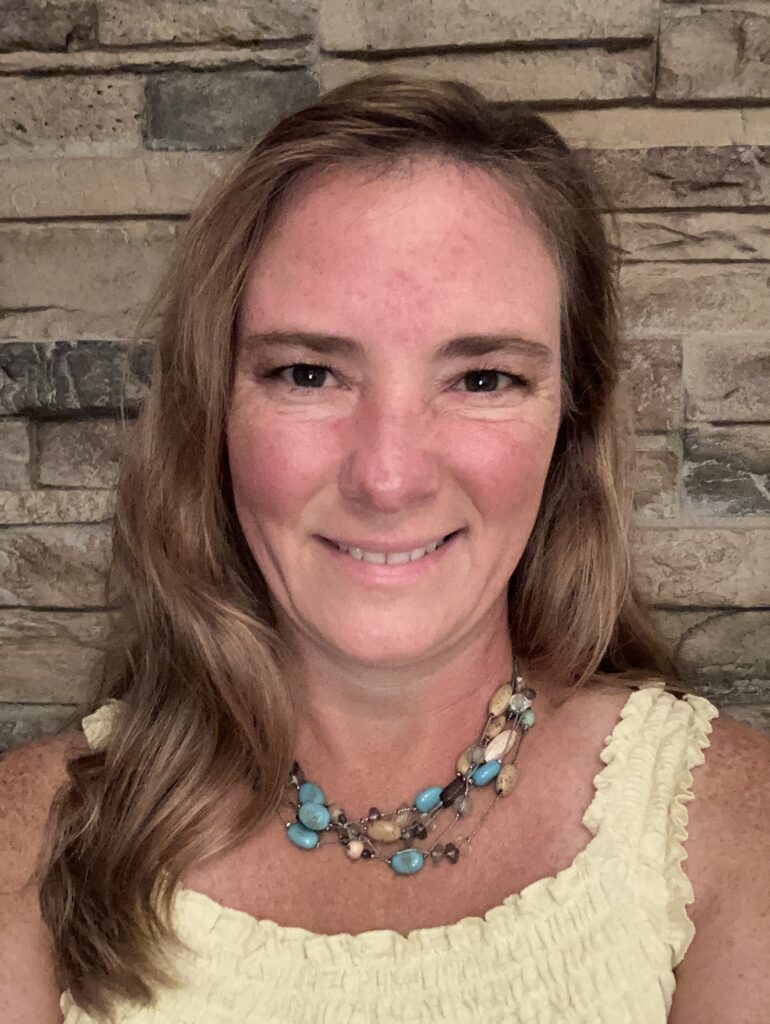Well, ideally the child is father to the man, or so William Wordsworth poetically claimed. But what happens when our lives missed the ideal trajectory? It only makes sense, does it not, to explore inner child work. Start at the beginning, if you will. But who is parenting that child? Hmmm.

You’ve likely heard of your ‘inner child’ or parts work. While mother culture snides and sneers at such fruit loop notions, for many of us, this notion explains everything.
I have often complained that I feel like a two year old has momentary possessed my body in unfortunate and untimely tantrums of rage. While I take ownership of my outburst, behavior and hurtful words, I do maintain that I feel quite out of control.
There are other times that feel eerily reminiscent of my 13 year old self. I have no doubt there are others; those are the two I’ve identified long ago. Though, I never thought of them as my ‘inner child.’
Inner children are born of a dissociative survival mechanism in which aspects of ourselves remain stuck in various places. These parts of us exist for very specific purposes, to help us through challenging and overwhelming situations. While these parts served us well in surviving childhood, as adults, they tend to cause quite a bit of angst.
While I have not read it myself (yet), I came across a wonderful article by Fabiana Franco, Ph.D. about Dr. Janina Fisher’s book, Healing the Fragmented Selves of Trauma Survivors, published in 2017. Below is an excerpt from Fabiana Franco’s article.
“Understanding how trauma produces dissociative symptoms points to the way to the solutions. Dissociation is not, properly speaking, the result of a damaged brain, but the result of a learning process. A learning process, it is true, that should never have had to have happened, but nevertheless something that is in itself a positive. The way out of complex trauma is to recognize the different fractures of your personality not as a wound, but as a badge of survival — not as something that should be excised, but as parts of you that require reintegration. The path to healing, Dr. Fisher explains, is found in genuine self-love, in the desire to care for each part of your personality. Dissociative episodes can be painful, frightening, and disturbing, often highly so, but hating a part of yourself only prolongs the agony.”
Understanding how our inner children have served us is an important part of our healing. And only they can tell us. So listening to them, acknowledging and validating what they have to say is crucial. But I must return to my original question of, ‘Who is the parent of that child?’
In Healing Developmental Trauma, Laurence Heller, PhD and Aline LaPierre, PsyD state: “Therapy…can become re-traumatizing when it is not sufficiently titrated or resource oriented. On an identity level…may reinforce identifications with regressed aspects of self rather than release them. To regulate the nervous system, it is more effective to work consistently with the organized ‘adult’ aspects of the self in order to integrate the disorganized, regressed ‘child’ aspects.”
Let me be clear. I firmly believe that inner parts work can be immensely therapeutic, perhaps even necessary. However, it is crucial to honestly and objectively recognize where you are in your healing process. To what degree do you need to heal?
Now, this isn’t a clear-cut process, where you can take some online quiz and learn that you are a 2 or an 8 or whatever on the 10 point scale of healing. I wish such a scale existed. In this, as in all aspects of the healing process, listen to your body. I cannot stress this enough. (A great example of what can happen when you don’t listen to your body can be found in the May 31th post of Triggered by A Pen)
When beginning any new therapeutic endeavor, do so gently. The first day I met with a new therapist, she insisted we would go slow and gentle and could slow down or pause any time I needed. “No way. Thank you but I want to dive right in and work through this stuff.” A few short weeks later, I had gained over 20 lbs and was diagnosed with Bing Eating Disorder. As I continued to spiral out of control, I sank into a suffocating depression that made it impossible to work, socialize, or be dependable to anyone other than a bowl of ice cream. Those months were by far, the most challenging of my life…and that’s really saying something.
If you jump into inner parts work, do so in short, small, experimental bursts and see how you do. Closely monitor yourself over the next few days. If you are out of sorts or falling apart, try parenting those children first.
The coaching mindset holds that we assist clients from their strengths. Many coaches, myself included, assist clients in identifying their top strengths and learning to apply them to all endeavors. Similarly, your adult self is your more mature self. Perhaps you are even a parent already. Even if you do not have kids, you can still learn to parent yourself.
I, as many people, have struggled with self-compassion. I am far more demanding and less forgiving of myself than of others. A technique I have found immensely helpful is to view myself as if I were viewing someone else. What would I tell someone else in this situation? How would I respond (not react) to a 3 year old I was babysitting? How would I advise a 13 year old facing this dilemma?
At some point that 3 year old matures into a 5 year old and the 13 year old into a 16 year old and so on. As you progress along your journey and are feeling calmer, more in control, consider revisiting the inner child work. Just be sensitive and compassionate if they still need a bit of parenting first.

Additional Resources:
https://psychcentral.com/lib/dissociation-fragmentation-and-self-understanding/ Article by Fabiana Franco, Ph.D.
Healing Developmental Trauma, by Laurence Heller, PhD and Aline LaPierre, PsyD
Beyond Abuse Radio Podcasts (lot of episodes on Inner Child work)






